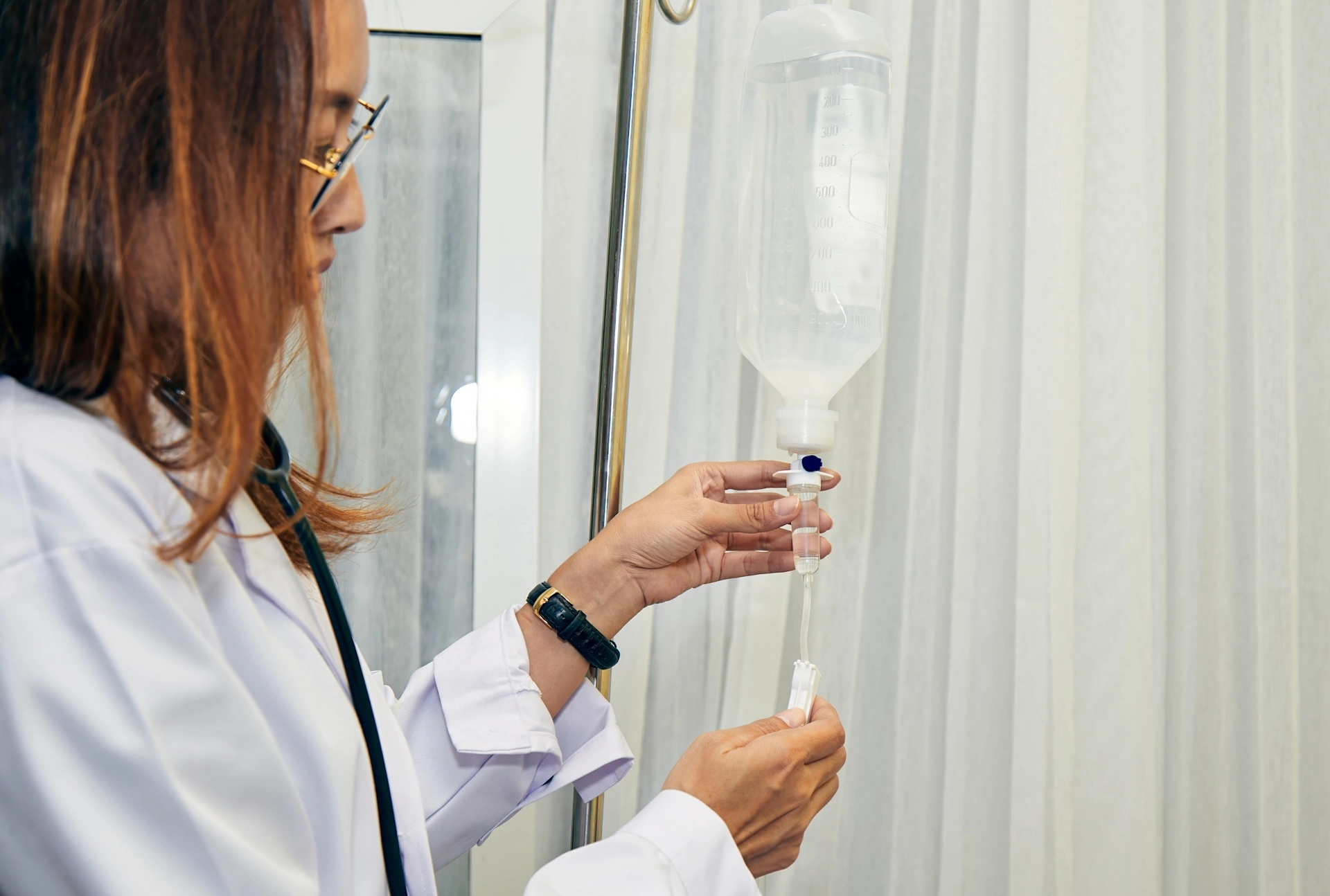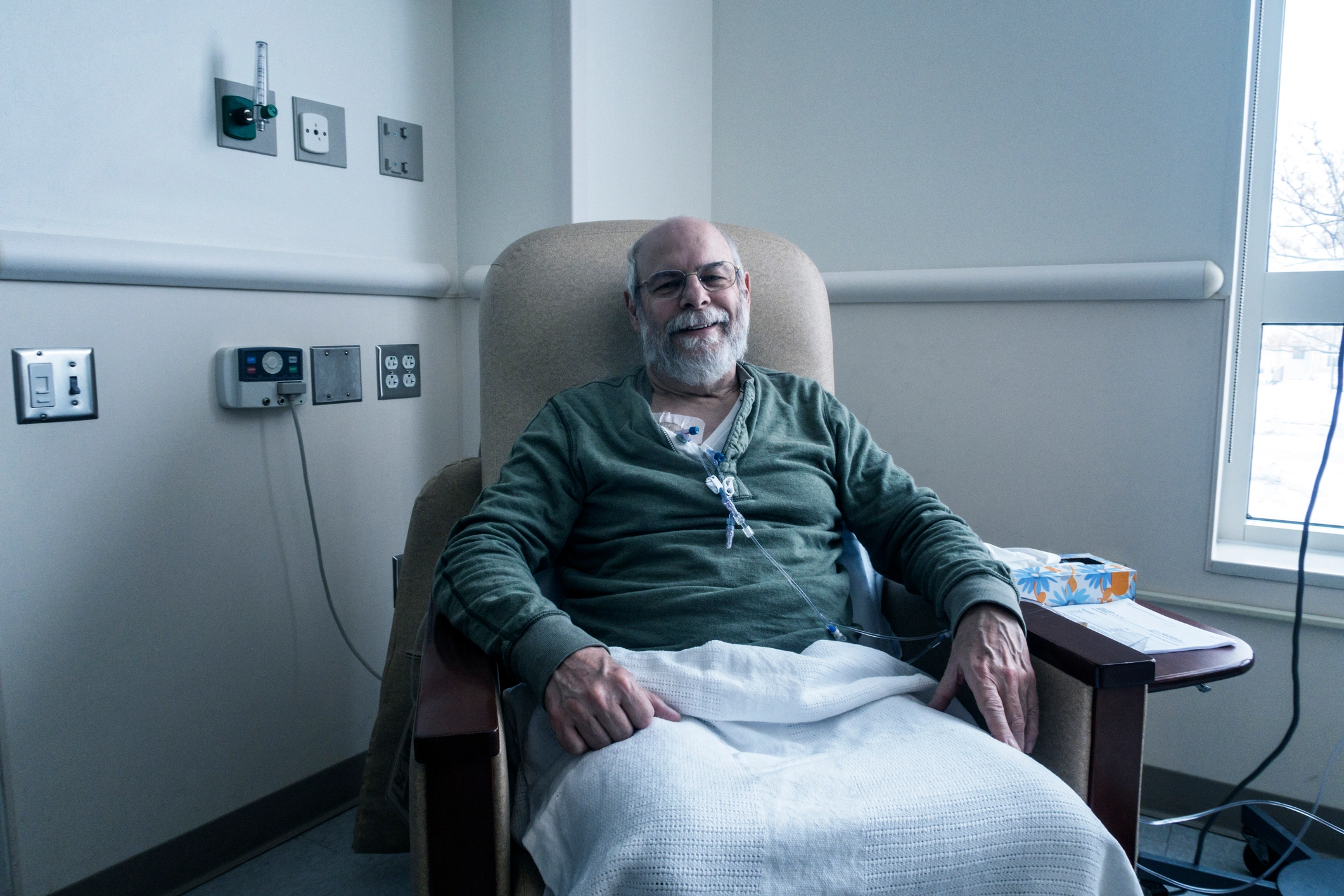Kaiser Permanente study suggests shared decision-making for older patients should not be based on age alone
Age alone should not determine whether an older patient who previously had polyps removed should continue to have follow-up colonoscopies, a new Kaiser Permanente study suggests.

“There is some risk associated with every colonoscopy, and these risks are known to increase with the patient’s age,” said lead author Jeffrey K. Lee, MD, MPH, a research scientist with the Kaiser Permanente Division of Research and a gastroenterologist with The Permanente Medical Group (TPMG). “The fact that we saw very few complications in older adults in our study suggests that after age 75 the decision to have a colonoscopy for surveillance should incorporate patient preference, prior colonoscopy findings, and the patient’s current overall health — and not only their age.”
Guidelines recommend that adults who have had a precancerous polyp removed have routine follow-up colonoscopies. That’s because a history of precancerous polyps is a risk factor for colorectal cancer, especially if these polyps are large, there are many of them, or they contain abnormal cells. However, there are currently no specific guidelines to recommend for or against these surveillance colonoscopies in adults who are over age 75 — when routine colorectal cancer screening is also no longer recommended.
The study, published in Clinical Gastroenterology and Hepatology, included members of Kaiser Permanente Northern California ages 45 to 85 who had at least one surveillance colonoscopy due to a prior polyp between 2010 and 2019. There was a total of 84,172 surveillance colonoscopies over these 9 years. Overall, fewer than 1% of the patients had a complication.
… as adults are living longer, we’ve recognized that age is only one factor that should go into decisions on how long to continue colorectal cancer screening and surveillance.
— Jeffrey K. Lee, MD, MPH
Specifically, among the 6,569 adults ages 45 to 55 in the study, 16 patients who experienced a complication, and among the 30,484 adults ages 56 to 65, there were 102 complications. In the 35,627 adults ages 66 to 75 there were 164 patients who had a complication, and among the 11,492 adults age 76 to 85 there were 80 complications.
The most common complication was gastrointestinal bleeding, which occurred in fewer than 0.39% of the patients.
Across all age groups, the most common risk factors for experiencing a complication were use of blood thinners, having multiple other health issues, and having had a polyp removed or an advanced polyp detected during the surveillance colonoscopy.
The researchers say their findings can help guide the shared decision-making conversations physicians have with patients about whether to continue surveillance colonoscopy after age 75.
“There are few other studies that have looked at outcomes for older adults following a surveillance colonoscopy,” said Lee. “In part, that’s because it has often been assumed that age should be the sole cut-off for screening. But as adults are living longer, we’ve recognized that age is only one factor that should go into decisions on how long to continue colorectal cancer screening and surveillance after one or more polyps have been removed.”
The study was supported by and conducted within the National Cancer Institute-funded Population-based Research to Optimize the Screening Process (PROSPR) consortium.
Co-authors include Christopher D. Jensen, PhD, MPH, Sophie A. Merchant, MPH, and Douglas A. Corley, MD, PhD, of the Division of Research; Jessica Chubak, PhD, of the Kaiser Permanente Washington Health Research Institute; Ethan A. Halm, MD, of Rutgers University; and the National Cancer Institute PROSPR Consortium.
###
About the Kaiser Permanente Division of Research
The Kaiser Permanente Division of Research conducts, publishes, and disseminates epidemiologic and health services research to improve the health and medical care of Kaiser Permanente members and society at large. KPDOR seeks to understand the determinants of illness and well-being and to improve the quality and cost-effectiveness of health care. Currently, DOR’s 720-plus staff, including 73 research and staff scientists, are working on nearly 630 epidemiological and health services research projects. For more information, visit divisionofresearch.kp.org or follow us @KPDOR.





Comments (0)